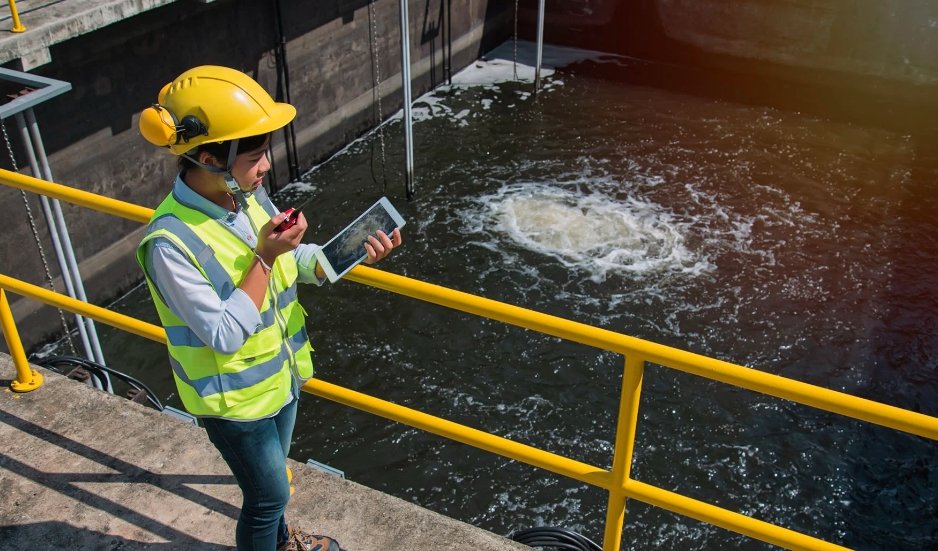The UK water industry is facing a critical challenge as a shortage of engineers and poor management practices exacerbate the deterioration of its infrastructure. According to recent reports, Thames Water has revealed that £19 billion worth of its assets are in poor condition or no longer capable of reliably performing their function. This situation poses significant risks to public safety, water supply, and the environment. Addressing these issues requires urgent action to bolster the engineering workforce and improve management practices.
The Impact of Engineer Shortages
The shortage of engineers in the water industry is a pressing concern. A recent survey by Water by Murray, part of Murray McIntosh, found that 26% of respondents identified skills and recruitment as the biggest issue impacting the sector. This shortage is compounded by the fact that 70% of the existing engineering workforce plans to move to other industries in the coming years. This exodus of talent threatens to leave the industry without the necessary expertise to maintain and upgrade critical infrastructure.
The ageing infrastructure is another significant challenge. Many of the water and sewage systems in the UK were built decades ago and are now struggling to cope with the demands of a growing population. Without sufficient engineers to address these issues, the risk of infrastructure failures increases. This could lead to more frequent water supply disruptions, environmental damage, and public health risks.

To mitigate these risks, it is essential to attract and retain skilled engineers in the water industry. This requires not only competitive salaries and benefits but also opportunities for professional development and career advancement. By investing in the workforce, the industry can ensure it has the expertise needed to tackle the challenges ahead.
Management Practices and Their Consequences
Ineffective management practices are exacerbating the problems caused by the engineer shortage. Poor workforce management can lead to inefficiencies, delays, and increased costs. For example, if resources are not allocated effectively, critical maintenance and repair work may be delayed, leading to further deterioration of infrastructure. This can create a vicious cycle where problems become more severe and costly to fix over time.
Effective management is crucial for maximizing the value of the existing workforce. This includes better planning and coordination of projects, as well as leveraging the skills and expertise of the contingent workforce. By improving management practices, the industry can make better use of its resources and ensure that critical work is completed on time and within budget.
Moreover, good management practices can help to create a more positive work environment, which can aid in retaining skilled engineers. This includes providing clear career paths, recognizing and rewarding good performance, and fostering a culture of collaboration and innovation. By addressing management issues, the industry can create a more sustainable and effective workforce.
The Way Forward
Addressing the engineer shortage and improving management practices are critical steps towards ensuring the sustainability of the UK water infrastructure. This requires a coordinated effort from industry stakeholders, including government agencies, water companies, and educational institutions. By working together, these stakeholders can develop strategies to attract new talent, retain existing engineers, and improve management practices.
One potential solution is to increase investment in engineering education and training programs. This can help to create a pipeline of skilled engineers who are ready to enter the workforce. Additionally, partnerships between industry and educational institutions can provide students with hands-on experience and exposure to the challenges and opportunities in the water industry.
Another important step is to improve the public perception of careers in the water industry. By highlighting the critical role that engineers play in ensuring safe and reliable water supply, the industry can attract more young people to pursue careers in this field. This can be achieved through outreach programs, internships, and other initiatives that showcase the importance and rewards of working in the water industry.
The UK water industry faces significant challenges due to a shortage of engineers and poor management practices. However, by taking proactive steps to address these issues, the industry can ensure the sustainability and reliability of its infrastructure for the future.


















